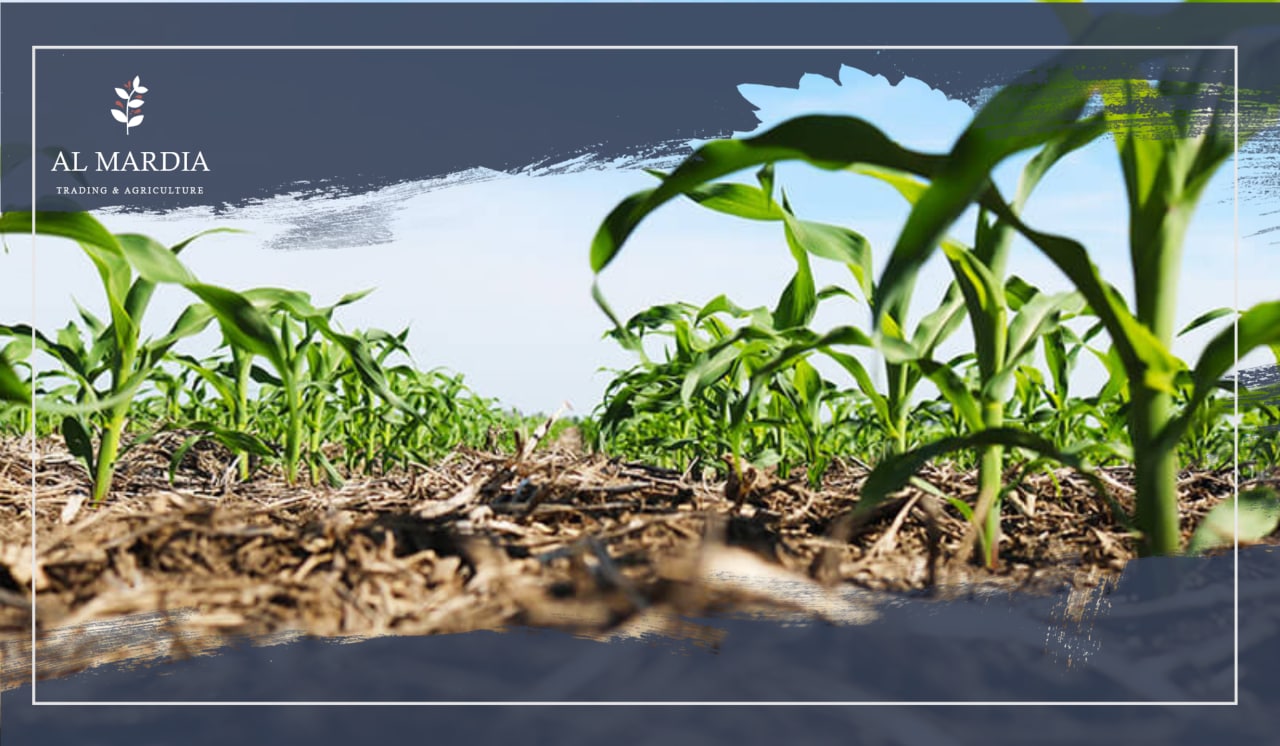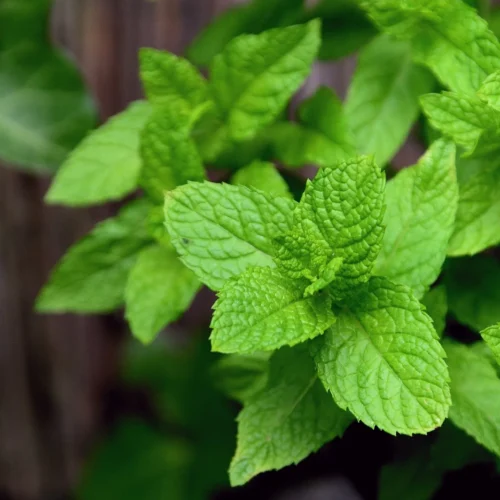
Excess Sulfur in The Soil
Sulfur is an essential plant nutrient that plays a vital role in the growth and development of crops. It is a key component of amino acids, enzymes, and other important plant compounds. It also helps to regulate a number of important plant processes. However, too much sulfur in the soil can have negative effects on plants, leading to reduced crop yields and lower crop quality. In this article, we will discuss the causes of excess sulfur in the soil, the effects it can have on plants, and strategies for managing this problem.
Causes of excess sulfur in soil
There are several factors that can contribute to excess sulfur in the soil, including:
Overuse of sulfur-containing fertilizers
Sulfur is commonly used as a plant nutrient, and it can be added to the soil through the use of sulfur-containing fertilizers. However, if these fertilizers are applied in excess, it can lead to a buildup of sulfur in the soil. This can be a particular problem in areas where sulfur-containing fertilizers are used heavily, such as in agriculture or horticulture.
Industrial pollution
Industrial activities, such as the burning of fossil fuels and the production of certain chemicals, can release sulfur compounds into the air. These compounds can then be deposited onto the soil, leading to excess sulfur levels. This is a particular concern in areas with high levels of industrial activity, as the air quality may be compromised and the levels of sulfur in soil may be elevated.
Acid rain
Acid rain is caused by the release of sulfur dioxide and other pollutants into the atmosphere. These pollutants may be deposited onto soil through precipitation. Acid rain can contribute to excess sulfur levels in soil, particularly in areas with high levels of industrial activity. In addition, acid rain can cause soil to become more acidic, which can further exacerbate the negative effects of excess sulfur on plants.
Natural sources
In fact, sulfur is also present naturally in some soils. In some cases, the levels of sulfur may be high enough to cause problems for plants. For example, soils that are high in sulfur may be more prone to acidification, which can lead to the release of excess sulfur into the soil.
Effects of excess sulfur on plants
Too much sulfur in the soil can have a number of negative effects on plants, including:
Inhibition of root growth
High levels of sulfur can inhibit the growth of roots, which can reduce the ability of plants to absorb nutrients and water from the soil. This can lead to stunted growth, reduced crop yields, and increased susceptibility to stress.
Nutrient deficiencies
Excess sulfur can interfere with the uptake of certain nutrients, such as iron and zinc, leading to deficiencies in these essential elements. This can result in symptoms such as leaf yellowing and reduced crop yields.
Toxic effects
In some cases, excess sulfur can be toxic to plants, causing leaf yellowing, stunted growth, and even death. This can be particularly problematic for sensitive plant species, which may be more prone to the negative effects of excess sulfur.
Reduced crop yields
All of these negative effects can result in reduced crop yields and lower crop quality. This can have serious consequences for agriculture and horticulture. as reduced crop yields can lead to economic losses and food shortages.
RELATED TOPIC
All You Need to Know about Soil Salinity
Managing excess sulfur in soil
- To avoid the negative effects of excess sulfur in the soil, it is important to maintain the proper levels of sulfur in the soil. This can be done through the use of fertilizers, soil amendments, and other soil management practices. One way to manage excess sulfur in soil is to choose fertilizers that are low in sulfur. This can help to prevent the buildup of this nutrient in the soil. It is also important to follow the recommended application rates for fertilizers to avoid applying too much.
- Soil amendments, such as lime, can also be used to help manage excess sulfur in the soil. Lime helps to raise the pH of the soil, making it less acidic and less prone to excess sulfur levels. In cases where the soil is heavily contaminated with sulfur, it may be necessary to remove and replace the top layer of soil to reduce the levels of this nutrient.
- In addition to these measures, proper soil management practices, such as rotating crops and incorporating organic matter, can also help to prevent excess sulfur in the soil.
Conclusion
Excess sulfur in the soil can have a range of negative effects on plants, including the inhibition of root growth, nutrient deficiencies, and toxic effects. To prevent these problems, it is important to maintain the proper levels of sulfur in the soil. It’s preferred to reduce using fertilizers and soil amendments, and to apply proper soil management practices. By following these steps, it is possible to provide optimal conditions for plant growth and ensure healthy, productive crops.
You can now check the full list of Agricultural Products
produced by Almardia Group
Common Question
What happens if there is too much sulfur in the soil?
Plants need sulfur, but too much of it can be a problem. In most cases, over-application of sulfur will result in stunted growth or death of the plant.
How do you get rid of sulfur in soil?
This sulfur is mostly removed by plants when they grow. The second way is leaching, which basically means that water percolates through the soil and carries the sulfur away with it.
How long does sulfur stay in soil?
After one to two years, sulfur would dismantle in the soil and convert into sulfuric acid. It lowers the pH and turns the soil into acidic soil.





